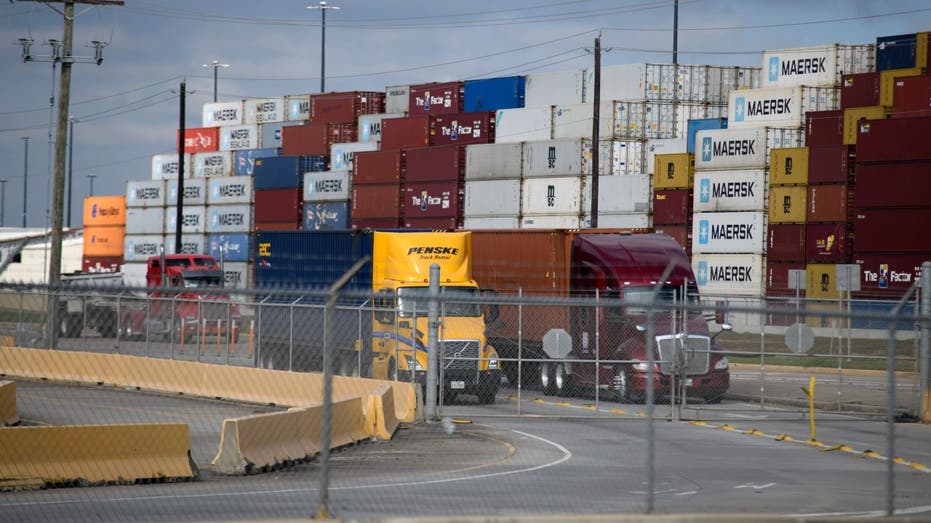A new report suggests that the Trump administration’s tariff policies are weighing on e-commerce as consumers have reconsidered how they go about making purchases.
A report by AlixPartners found that tariffs are influencing consumers who are trying to time their online shopping purchases to avoid the impact of tariffs, with a similar number of shoppers moving up and delaying purchases.
AlixPartners’ report found that 34% of consumers surveyed delayed purchases until they have more certainty about the costs of tariffs, whereas 28% made purchases earlier than planned in the last six months to avoid those costs.
Another 22% of respondents said they’ve reduced or delayed purchases that are shipped directly from overseas as a result of tariffs. By contrast, 20% said they’ve increased online purchases that ship from overseas to avoid tariff-related costs.
CHALLENGES LOOM FOR TRUCKING INDUSTRY WITH END OF TRUMP’S TARIFF PAUSE
“What’s more significant than those specific percentages is that tariffs are making a visible impact on what and when consumers buy,” AlixPartners wrote in the report.
One of the goals the Trump administration has stated for its tariff policies is to make more products in the U.S. through increased domestic manufacturing. The study found that the tariffs have had some impact on consumers’ preferences for U.S.-made goods thus far.
In the survey, just 20% of respondents said that they’re consciously trying to buy more “Made in the USA” products as a result of the new import tariffs.
About one-quarter of respondents, or 26%, said tariffs have had no impact on their online purchasing behavior.
TRUMP URGED TO TAKE ON SOUTH KOREA OVER TECH REGULATIONS THAT TARGET US, SPARE CHINA

Uncertainty over tariffs has weighed on the economy and financial markets at times in the first half of this year.
President Donald Trump announced “reciprocal” tariffs on April 2 – which Trump dubbed “Liberation Day” – were based on U.S. trade deficits with its trading partners around the world.
FED CHAIR POWELL CONFIRMS TARIFF CONCERNS PREVENTED INTEREST RATE CUTS SO FAR THIS YEAR
If implemented as announced, those tariffs would dramatically raise the effective U.S. tariff rate, though Trump delayed their implementation until July 9, which also serves as a deadline for trade negotiations with U.S. trading partners.
The effective tariff rate would rise above 25% if the “Liberation Day” tariffs are implemented in full – up from 3% prior to the announcement and the 15% that is prevailing during the implementation pause, according to the Atlantic Council.
Trump announced a trade deal with Vietnam on Wednesday in advance of the deadline, which would leave tariffs on Vietnamese goods at 20%, down from the 46% in Trump’s “Liberation Day” announcement, which was the highest rate applied to significant U.S. trading partners due to Vietnam’s export-heavy economy.
Read the full article here


